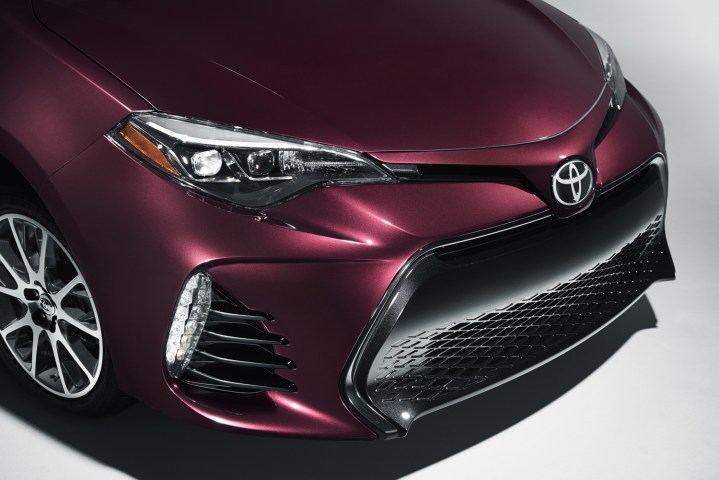
The Japanese carmaker will partner with the University of Michigan Transportation Research Institute (UMTRI), which is already testing V2V in concert with the U.S. Department of Transportation (DOT). Equipment will be placed in the cars of ordinary drivers, who will carry on as usual while researchers monitor the interactions between cars and their surroundings.
V2V uses a Wi-Fi-like medium called Dedicated Short Range Communication (DSRC) to allow cars to broadcast information and receive it. This supposed to provide warnings in potentially dangerous situations, like a driver approaching an intersection with limited visibility.
The company is asking employees and their families to volunteer to have “vehicle awareness devices” installed in their cars. The devices will be placed out of the way in a car’s trunk or cargo area, and consist of a small box connected to antennas on or near the rear window, and on the trunk lid or roof.
Toyota’s involvement builds on what is already known as the Ann Arbor Connected Vehicle Test Environment, which currently covers a portion of the city’s public roads. In 2012, UMTRI and the DOT launched the Safety Model Pilot Deployment test program in this area, spending $30 million and wrangling nearly 3,000 vehicles.
Toyota hopes to increase the fleet size to 5,000 vehicles, deploying them at the rate of 1,500 vehicles per year. It also wants to expand the test area from a designated section of northeastern Ann Arbor to the entire city.


